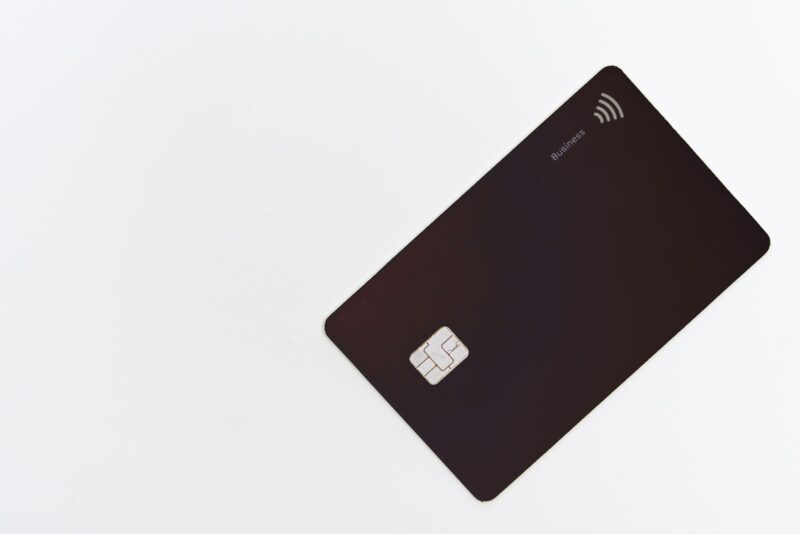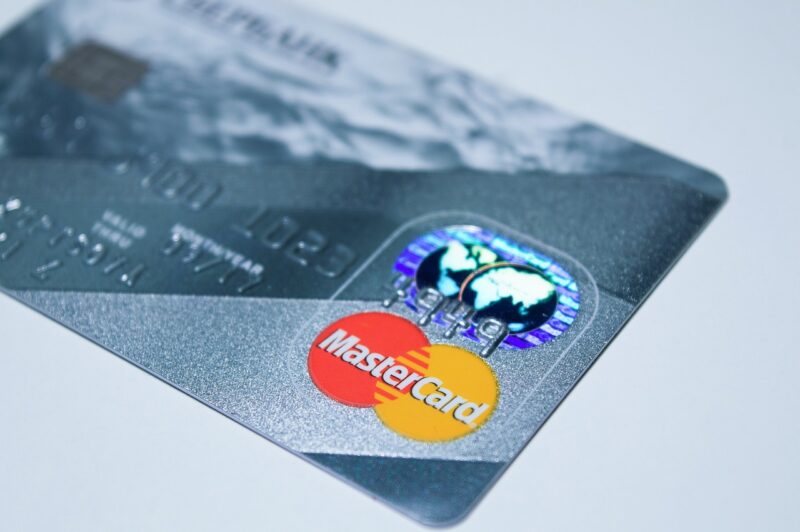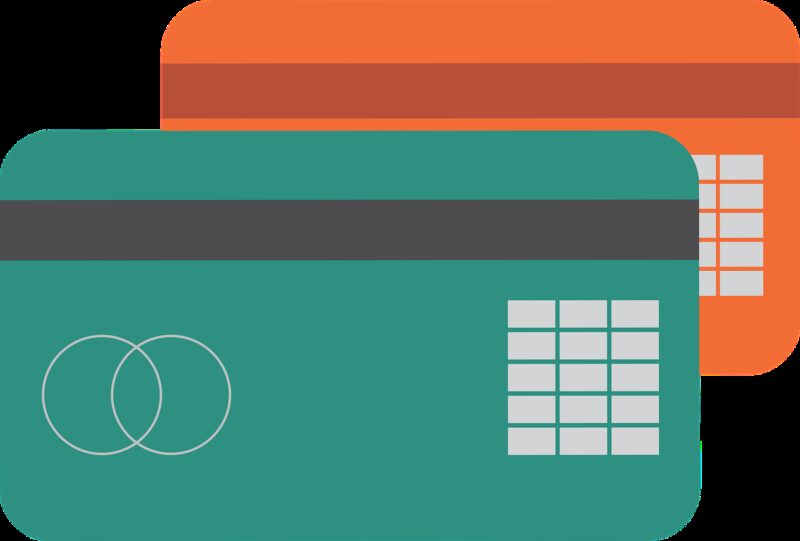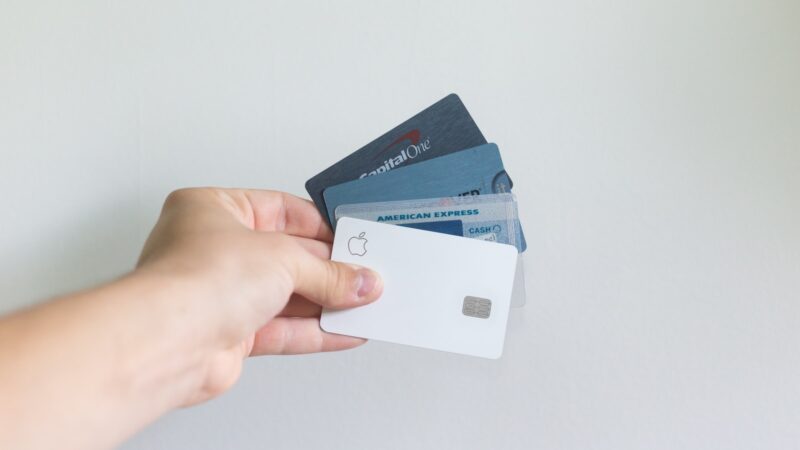Credit bureaus play a significant role in the financial world, as they collect and maintain data about individuals and their credit usage. The three major players in this industry are Equifax, Experian, and TransUnion. These agencies are responsible for creating credit reports based on the data they receive from creditors. Consequently, your credit score is determined by the information on these reports.
Lenders and other businesses use the data provided by credit bureaus to assess an individual’s creditworthiness before entering into any transactions with them. It’s important to regularly check your credit report to ensure accuracy and dispute any errors you might encounter. Additionally, consumers have the option to place a security freeze on their credit for extra protection.
Table of Contents
ToggleKey Takeaways
- Three major credit bureaus collect and maintain data to create credit reports, which determine credit scores.
- Lenders use data from credit bureaus to assess creditworthiness before conducting transactions.
- Regularly checking credit reports and disputing errors, as well as placing security freezes, can help protect your credit.
What are the three credit bureaus?
The three primary credit bureaus, namely Equifax, Experian, and TransUnion, are responsible for gathering and maintaining information about consumers’ credit usage. If an individual has a credit card or loan, their credit files are likely held by one or all of these bureaus.
These bureaus, also known as credit reporting agencies, can gather and sell data about a person’s credit behavior without their consent. However, businesses that access your credit file, such as lenders or credit card issuers, must possess a legitimate reason for doing so, like assessing credit applications, and typically require permission.
Information collected by credit bureaus is commonly utilized for:
- Calculating credit scores
- Making lending decisions, such as offering credit cards or loans and determining interest rates
- Conducting certain pre-employment background checks
- Evaluating lease applications
- Setting some insurance rates
- Deciding whether a utility deposit is necessary
Individuals hold the right to access their credit reports and to dispute any inaccurate or outdated information. Maintaining a close eye on one’s credit score and being notified of any changes can help build and improve credit over time while ensuring the information reflected in the credit bureaus’ databases remains accurate.
What Data Do Credit Bureaus Maintain?
Credit bureaus maintain data in your credit reports, which include your personal identifying information, such as name, date of birth, Social Security number, and current and past addresses. Additionally, these reports encompass various details relevant to your credit, such as:
- A list of current and past credit accounts.
- Negative information, including missed payments, collections, bankruptcies, repossessions, and foreclosures. Typically, this negative information stays on your report for seven years.
- A record of who accessed your credit report, like when you applied for credit or when a marketer wanted to preapprove you for an offer.
Furthermore, credit bureaus are regulated by the Fair Credit Reporting Act (FCRA), ensuring that limitations are in place regarding the collection and sharing of your personal data.
Where do the credit reporting bureaus obtain their information?
Credit reporting bureaus, such as Equifax, Experian, and TransUnion, receive data about borrowers mainly from financial institutions and lenders. These data furnishers voluntarily report borrowers’ account activities and payment history. However, not all furnishers report to every bureau, which may cause variations in credit reports from different bureaus.
In addition to data from financial institutions, credit bureaus gather information from public records. This includes:
- Repossessions
- Bankruptcy filings
- Foreclosures
Furthermore, utilities and rent payments generally don’t appear in credit reports unless payment issues arise, resulting in debt collection. For instance, when lenders make hard inquiries for obtaining a borrower’s credit report, they must have a legitimate reason called permissible purpose to access that information.
Can Alternative Data Improve My Credit Reports?
By incorporating various account details into your credit reports, those new to credit may see benefits. These options include utilizing products like Experian Boost and UltraFICO, which gather data from linked bank accounts. These tools can aid credit card issuers in assessing your finances and credit limit more effectively.
Why isn’t a Credit Score Displayed on My Report?
Credit scores, which indicate an individual’s creditworthiness, are not legally required to be displayed on credit reports. There are various types of credit scores, with FICO and VantageScore being the two main scoring models. These scores are calculated using the information within credit reports, and different scoring models or credit bureaus may produce slightly varying results.
To assess your likelihood of repaying debt, credit scores are generated by applying a mathematical formula to the data in your credit reports. It’s important to note that missing payments can negatively impact your credit score.
Fortunately, you can obtain a free credit score from numerous personal finance websites, banks, and credit card issuers, which can help you stay informed about your credit status.
Are Credit Scores from Major Bureaus Identical?
When comparing credit scores from the three major bureaus – Experian, Equifax, and TransUnion – you might notice some variations. These differences can occur because creditors are not obligated to report your financial behavior to all bureaus, leading to discrepancies in the available information.
While FICO and VantageScore are two widely used scoring models for assessing credit risk, the underlying data may differ among bureaus. It’s essential to understand that variations in credit scores are natural and not a cause for concern. However, if one bureau’s score is significantly different from the others, it may be worth checking your credit reports for score-lowering errors and disputing them if necessary. In essence, although credit scores might slightly differ among the major bureaus, it should not be a significant issue as long as the differences remain minimal.
How can I check my credit reports?
To obtain your free credit reports from the three major bureaus, visit AnnualCreditReport.com. As credit bureaus operate individually, they may collect information from various sources. Therefore, it is crucial to check all three reports.
Reviewing your reports ensures that your identifying and account information is accurate, as errors can negatively impact your credit scores. Another option to access your credit report is through personal finance websites, like NerdWallet, which provides a free credit report based on TransUnion data.
If you prefer to request your credit report in Spanish, you can do so directly from each of the three major credit bureaus:
- TransUnion: Call 800-916-8800
- Equifax: Visit Equifax website or call 888-378-4329
- Experian: Visit Experian website or call 888-397-3742
Remember that checking your credit reports regularly is essential for maintaining good credit scores, as it helps you detect and correct any errors and allows you to monitor your financial health in the eyes of potential lenders.
What if I Discover a Mistake on My Report?
In case you find an error on your credit report, you can dispute it by filing a formal complaint online, via phone, or mail. Each of the three major credit bureaus has its unique process for disputing. It is crucial to rectify the mistake with all three bureaus, as they don’t share information. This ensures that your personal data, including your social security number, and records concerning collections, debt collection, and liens are accurately represented, preventing identity theft. It may also be helpful to place a security freeze on your credit.
What Else Do Credit Bureaus Do?
Credit bureaus, apart from handling credit scores, also play a role in credit protection. One way to safeguard your credit is by requesting a credit freeze with each bureau. This service is free and won’t impact your credit score. Freezing credit helps prevent scammers from opening accounts in your name, thus preserving your credit standing. Organizations like the Consumer Financial Protection Bureau oversee the compliance of credit bureaus with regulations, such as the Fair Credit Reporting Act, and often encourage using credit freezes and monitoring for protection.
Frequently Asked Questions
The Main Differences Between the 3 Major Credit Bureaus
Equifax, Experian, and TransUnion are the three major players. They all collect and maintain consumer credit information, but there are some differences between them:
- Data Collection: Each bureau receives information from different sources and updates their records at different times, which can result in different information on each report.
- Credit Score Models: They use unique credit scoring models, resulting in varying credit scores.
- Regional Differences: Some lenders may report to one bureau more frequently than others based on regional preferences.
The Most Common Credit Bureau Used by Lenders
There is no single credit bureau preferred by all lenders, as lending institutions use different bureaus depending on their individual requirements and preferences. However, they may use all three major credit bureaus to get a comprehensive understanding of a borrower’s credit history.
The Role of Credit Bureaus in Calculating Credit Scores
Each credit bureau plays a crucial role in determining an individual’s credit score:
- Collecting Data: They collect data on payment history, credit utilization, types of credit, length of credit history, and recent inquiries.
- Maintaining Accurate Information: Bureaus verify and update the information they receive from various sources to ensure accuracy.
- Calculating Scores: They use proprietary scoring models to generate credit scores based on the data in a consumer’s credit report.
Placing a Credit Freeze with the 3 Major Bureaus
To place a credit freeze with Equifax, Experian, and TransUnion, follow these steps:
- Equifax: Visit their official website or call 1-800-685-1111.
- Experian: Go to their credit freeze page or call 1-888-397-3742.
- TransUnion: Access their freeze information or contact them at 1-888-909-8872.
Remember to keep track of the PIN or password provided when you place a credit freeze, as it will be required to lift the freeze when needed.














